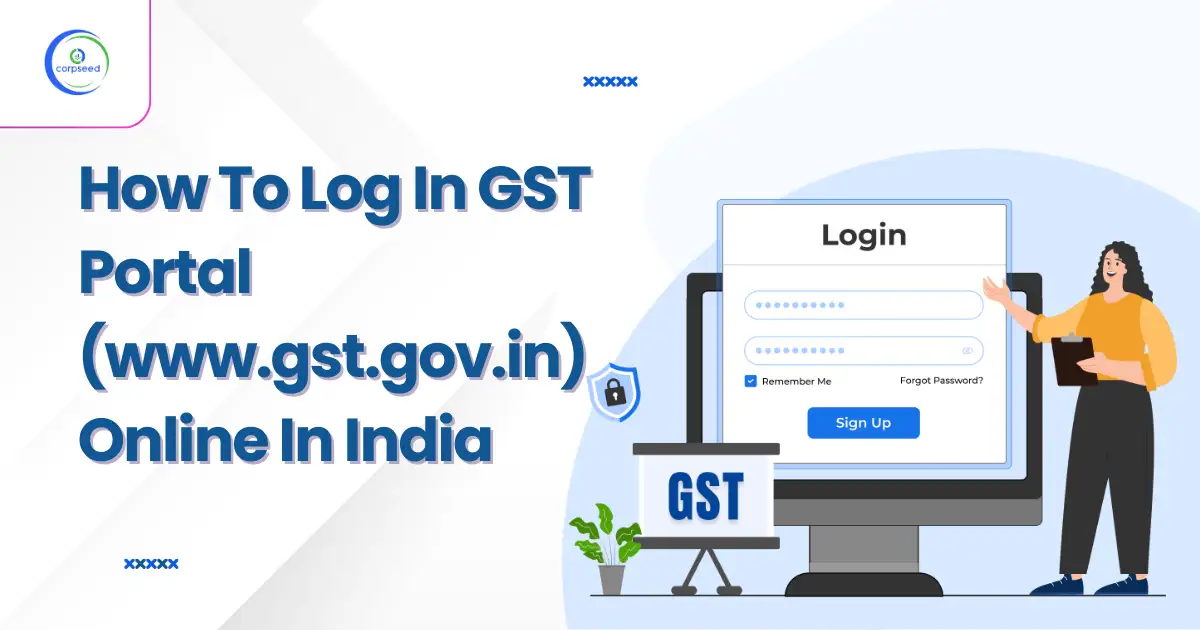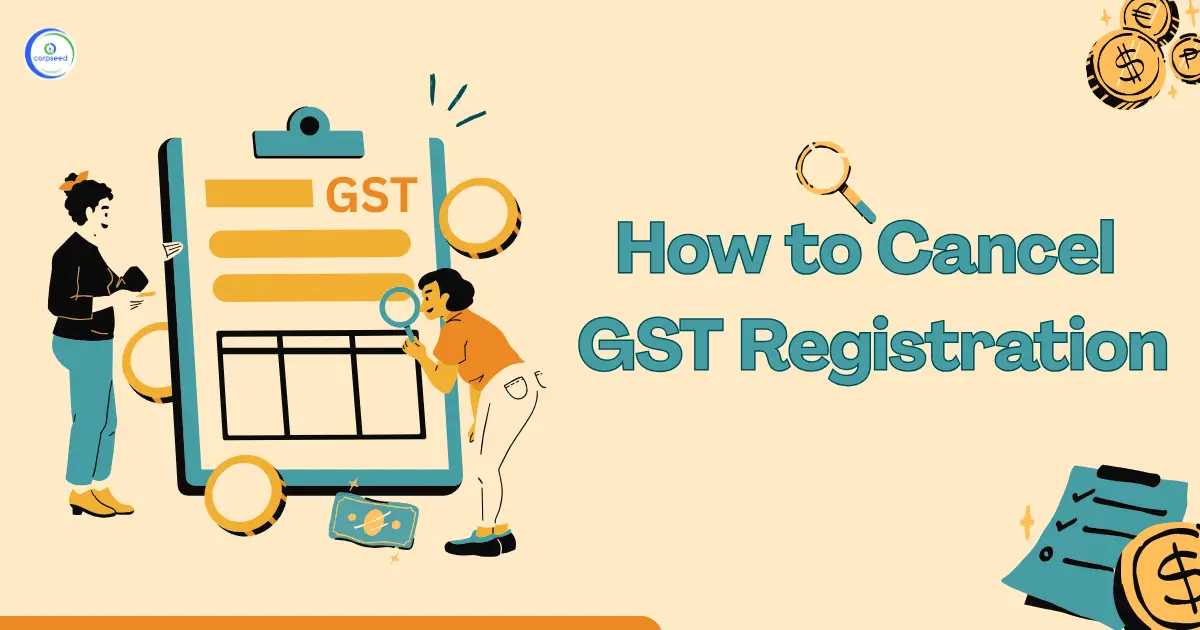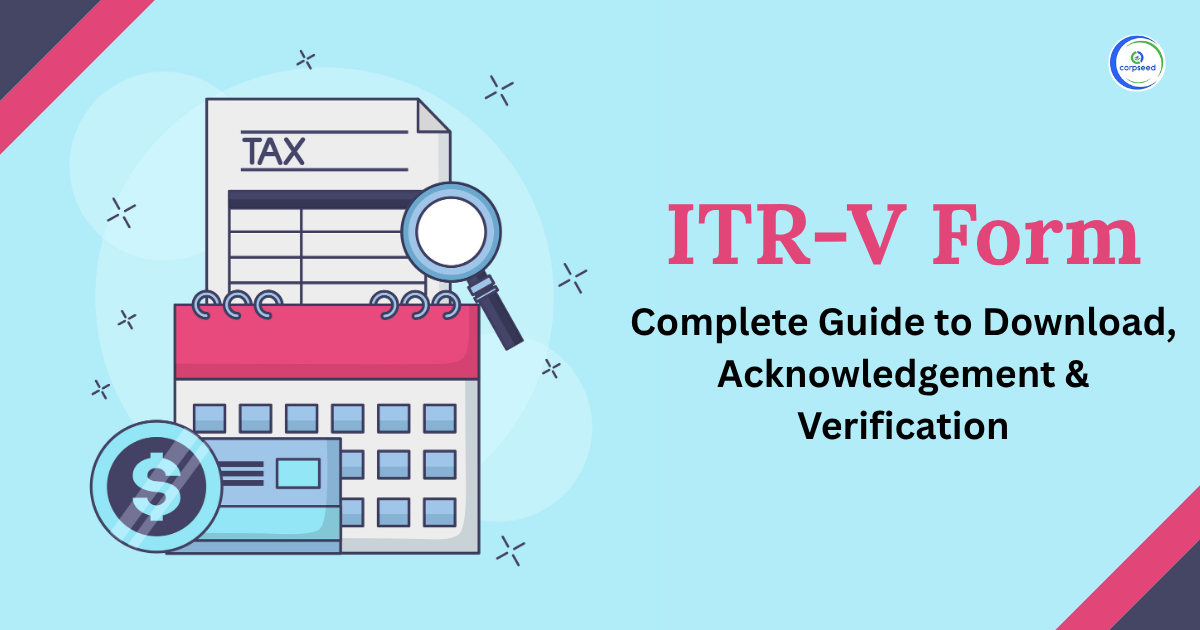In India, managing GST and taxation compliance has become an important aspect of running a business, especially with the introduction of the Goods and Services Tax (GST). The GST framework streamlines indirect taxation across the country, but it also brings complexities and challenges that require careful management. Businesses of all sizes must ensure that they comply with ever-evolving tax laws, including GST audits, monthly and annual filings, accounts payable, and accounts receivable. Efficient handling of taxation services, TDS quarterly and annual returns and other financial responsibilities helps in avoiding penalties, improves operational efficiency and enhances financial transparency. Professional services, such as monthly bookkeeping and accounts reconciliation provide businesses with the expertise they need to meet these obligations, ensuring smooth operations and tax compliance.
Table of Contents
- What is GST and Taxation Compliance?
- Importance of GST and Taxation Compliance
- Key GST & Taxation Compliance Standards in India
- Industries That Require GST & Taxation Compliance in India
- Common Challenges of GST and Taxation Compliance
- Corpseed’s Expertise in GST & Taxation Compliance Services
- Conclusion
--------------Blog Contact Form-------------
What is GST and Taxation Compliance?
GST and taxation compliance refers to the process of following the rules and regulations laid down by the government about indirect taxes, primarily under the Goods and Services Tax (GST) law. GST is a single tax that includes several indirect taxes such as VAT, excise and service taxes, applicable to goods and services. It mandates businesses register, file returns, keep proper records, and ensure tax payments are made correctly and on time.
The scope of taxation compliance goes beyond GST and includes income tax services, statutory audit services, TDS quarterly/annual returns and other financial reporting requirements. Businesses should also focus on accounts payable, accounts receivable and monthly bookkeeping to keep track of financial transactions and ensure all expenses and revenues are properly accounted for. Additionally, businesses need to perform regular accounts reconciliation to identify discrepancies and ensure all tax filings such as GST audits are correct.
Importance of GST and Taxation Compliance
Proper GST and taxation compliance offers many benefits, which are critical for the smooth running of a business. Some of the most significant benefits are:
- Avoiding Penalties and Legal Issues: Timely filing of GST returns, statutory audit services, and accurate accounts reconciliation helps avoid penalties, fines, or suspension of business registration for non-compliance.
- Enhanced Business Reputation: Businesses with proper monthly bookkeeping and income tax services build credibility with customers, suppliers, and regulatory authorities.
- Financial Transparency: Regular audits, including GST audits and MCA audit services, ensure clear and up-to-date financial records, which helps in better financial planning.
- Tax Credit Eligibility: Proper filing ensures that the business can claim the Input Tax Credit (ITC) and reduce its overall tax liability. This is crucial for businesses that want to optimize their tax burden through the right accounts payable.
- Operational Efficiency: Regular filing of monthly and annual returns, and management of accounts receivable, ensures smooth cash flow management, minimizing disruption to business operations.
- Simplified Taxation: Proper taxation services, including TDS quarterly/annual returns, ensures that businesses meet all statutory obligations without confusion or errors.
Also Read: Safety & Regulatory Compliance Services in India
Key GST & Taxation Compliance Standards in India
India’s GST regime has established necessary regulations to streamline tax compliance across various business sectors. Businesses should adhere to the following standards to avoid penalties and ensure correct tax management:
- GST Registration: Mandatory for businesses exceeding the prescribed turnover threshold. Different criteria exist for e-commerce, exporters, and interstate sellers to register and stay compliant.
- GST Returns Filing: Businesses must file monthly, quarterly, and annual GST returns, including GSTR-1, GSTR-3B, and GSTR-9. Accurate filing helps businesses avoid errors and penalties.
- E-Invoicing Compliance: Businesses with turnover above a specified limit must implement e invoicing to reduce fraud and ensure proper Input Tax Credit (ITC) claims.
- Input Tax Credit Reconciliation: Regular reconciliation of purchase and sales data ensures accurate ITC claims and compliance with GST audits.
- GST Audit & Annual Return: Businesses exceeding turnover thresholds must undergo GST audits and file GSTR-9C to verify tax filings and compliance.
- TDS & TCS: Compliance with Tax Deducted at Source (TDS) and Tax Collected at Source (TCS) regulations, especially in e-commerce and government contracts.
- Reverse Charge Mechanism (RCM): Ensures the buyer, rather than the seller, is responsible for tax in specific transactions.
- HSN Code Reporting: Proper classification of goods and services under HSN codes for accurate tax computation.
Industries That Require GST & Taxation Compliance in India
GST and taxation compliance is mandatory across all sectors. The following industries, among others, require robust tax management systems:
- Manufacturing
- E-commerce
- Pharmaceuticals
- Real Estate & Construction
- Healthcare
- Telecom
- Retail & Wholesale
- Logistics & Transportation
- Financial Services
- Education & Training
- Food & Beverages
- Automotive
- FMCG (Fast-Moving Consumer Goods)
Common Challenges of GST and Taxation Compliance
Despite the benefits, businesses often face challenges in maintaining GST and tax compliance. These include:
- Complex Tax Structures: The ever-changing nature of GST laws, with frequent notifications and amendments, can be overwhelming, leading to errors in GST returns or taxation services.
- Errors in Filing: Errors in filing monthly returns or mismatches in accounts payable or accounts receivable can lead to scrutiny by tax authorities, resulting in penalties.
- Technical Barriers: Businesses that lack automation or struggle with the GST portal face delays and difficulties in meeting e-filing requirements, which affects GST audit and statutory audit services.
- Manpower Limitations: Small and medium-sized enterprises often lack qualified employees to handle accounts reconciliation, income tax, and other key tax duties.
- Delays in Reconciliation: Businesses face delays in reconciling purchase and sales data, which affects timely filing of returns and claiming input tax credits.
Corpseed’s Expertise in GST & Taxation Compliance Services
Corpseed provides comprehensive GST and taxation compliance services to help businesses navigate the complexities of tax law. The team of experts provides customized solutions, from GST registration to statutory audit services, ensuring that businesses comply with all legal requirements. Services include:
- GST Registration Assistance: Corpseed’s helps businesses with GST registration and ensures that they meet all the necessary criteria to operate legally in multiple states.
- GST Return Filing and Audits: The firm manages monthly and annual filings and conducts GST audits to identify discrepancies, ensuring businesses are fully compliant.
- Accounts Payable and Receivables Services: Efficient accounts payable ensure timely payments to suppliers, while accounts receivable ensure prompt collection from customers, thus improving cash flow.
- Income Tax Services & TDS Returns: Corpseed provides expert income tax services including accurate filing of TDS quarterly/annual returns to reduce tax burden and avoid penalties.
- Accounts Reconciliation Services: Regular accounts reconciliation services ensure financial records are accurate, contributing to better decision-making and compliance.
- MCA Audit Services: For businesses registered with the Ministry of Corporate Affairs (MCA), Corpseed offers MCA audit services to meet corporate governance requirements.
Conclusion
GST and taxation compliance services are integral to the financial health and legal standing of businesses in India. Be it GST audits, monthly bookkeeping, accounts payable, or TDS quarterly/annual returns, businesses must ensure that they remain compliant with tax regulations to avoid penalties and maintain smooth operations. With ever-changing tax laws, it’s important for businesses to partner with expert service providers like Corpseed. Their tailored services, from filing GST returns to income tax services, help businesses of all sizes manage their tax obligations efficiently. This not only reduces risk but also helps increase operational transparency and long-term sustainability. By outsourcing taxation services, businesses can focus on growth while ensuring they are fully compliant with the latest tax laws.
This portion of the site is for informational purposes only. The content is not legal advice. The statements and opinions are the expression of author, not corpseed, and have not been evaluated by corpseed for accuracy, completeness, or changes in the law.
BOOK A FREE CONSULTATION
Get help from an experienced legal adviser. Schedule your consultation at a time that works for you and it's absolutely FREE.









